Tim Spector and the cult of Zoe
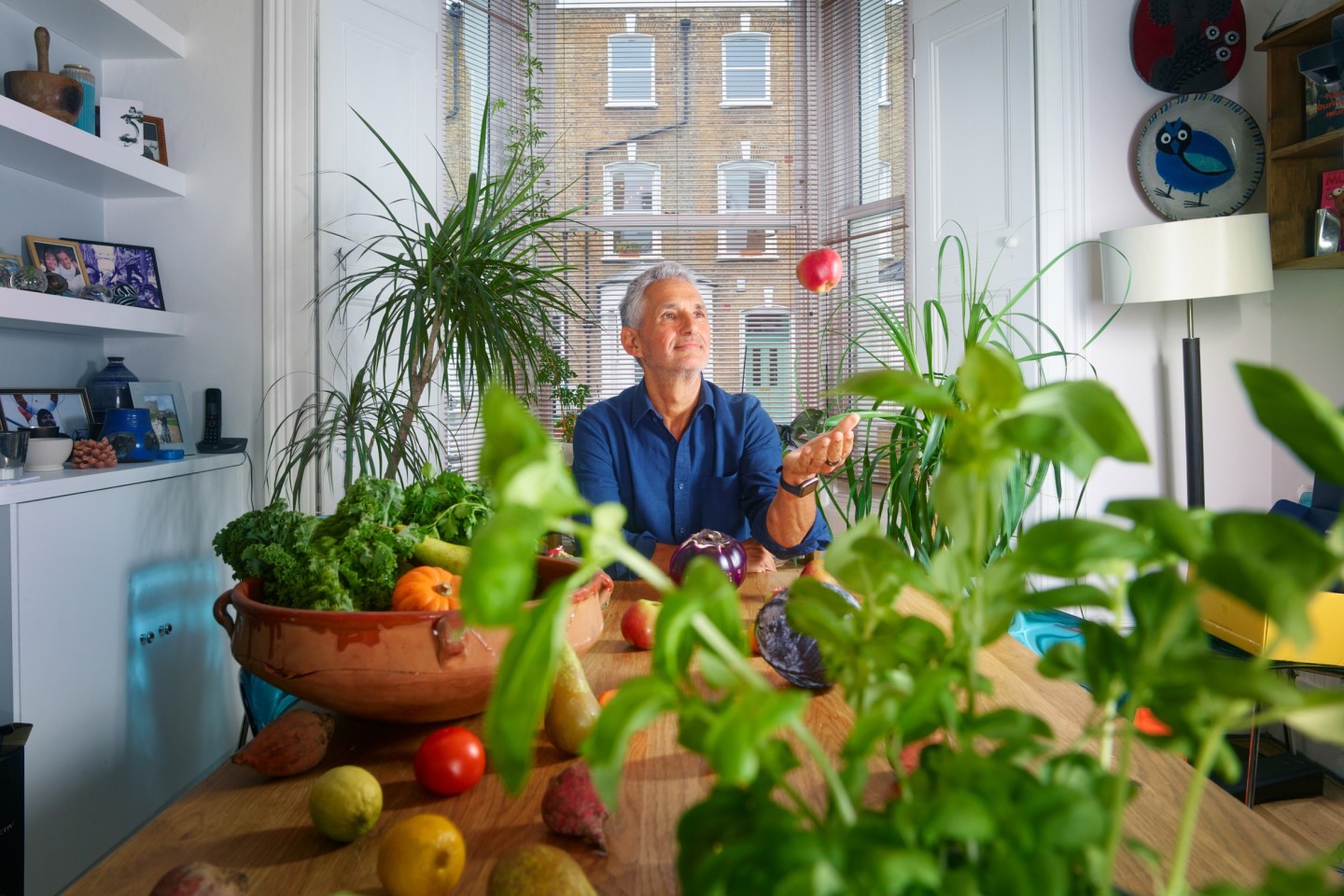
Roula Khalaf, Editor of the FT, selects her favourite stories in this weekly newsletter.
Tim Spector’s home in north London lacks the minimalism of a typical health influencer. It is cluttered with the debris of family life: bikes, textbooks, discarded clothing. Then again, clutter is Spector’s speciality. And the clutter that most interests him is inside us.
Spector preaches that the bacteria, viruses, fungi and other microbes in our gut are vital for our long-term health, and that nurturing this microbiome can ward off chronic diseases. He is the scientist who has made normally squeamish Britons look at their stomachs differently. “You’re carrying around this amazing garden inside you: your own garden or national park, however you want to view it. You’ve got to feed it right.”
Zoe, the nutrition service that Spector co-founded, has reached almost cult status among its 130,000 subscribers. These people have used it to examine their microbiome. They have worn its distinctive yellow glucose monitors to track their responses to certain foods. In online forums, devotees proudly discuss blood-sugar counts, meal-nutrition scores and how they are increasing their intake of beans without unwanted side effects.
“People are coming up to me in the street and saying, ‘Thank you for doing this.’ No one ever did that [for me] writing a scientific paper,” says Spector, a professor of epidemiology at King’s College London who speaks with a guru’s confidence and doctor’s abruptness. “People are saying I’m changing their life” – specifically, the way they approach food and their health. Zoe says 70 per cent of its members report having more energy.
Somehow Spector has unearthed the potential future of healthcare: a blend of technology, citizen science and common sense. People, it turns out, are willing to test parts of their bodies they never knew existed – and to pay handsomely for the process. They yearn for health advice that is not off the shelf but as personalised as their social media feeds.
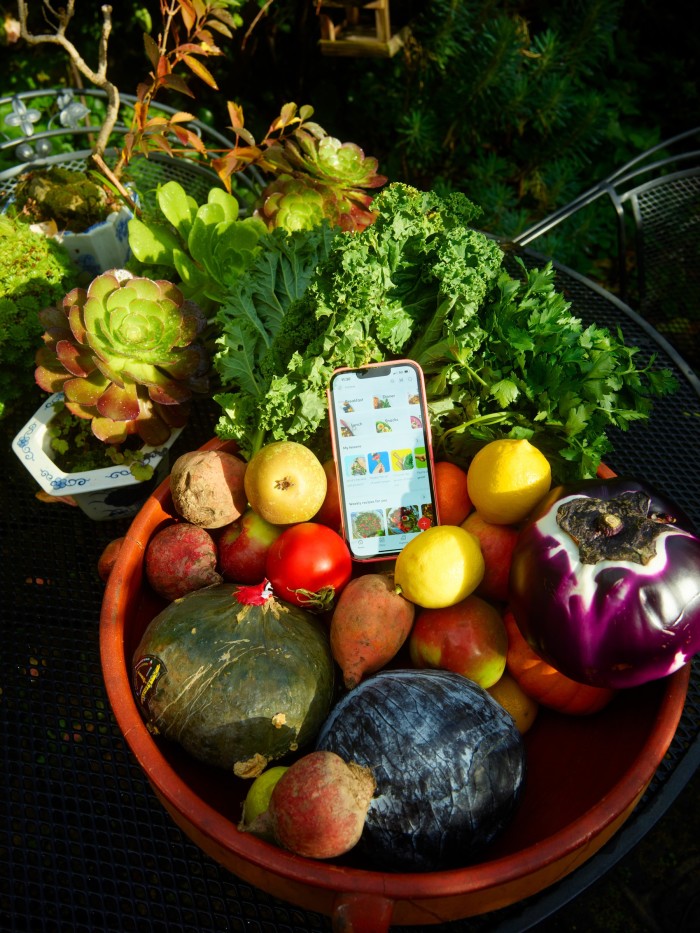
Continuous glucose monitors, small patches that stick to a user’s upper arm and send data to their smartphone, were once the domain of diabetes sufferers. Zoe is part of a flotilla of start-ups, including US-based SuperSapiens and Finland’s Veri, that have taken them mainstream. But its success owes much to the fame of Spector, whose health books – the latest of which, Food for Life, is just out in paperback – take aim at established diet wisdom.
Spector argues that counting calories is imprecise: they are processed differently by different people. And that vitamin supplements are a waste of time: “99 per cent of them have no studies at all to show they work, or they’ve been proven not to work.” As for colonic irrigation, the once-fashionable approach to gut health, “everything just re-forms anyway. The concept of eliminating toxins from the body is nonsense.” Instead, he pushes people to eat more vegetables and pulses and less ultra-processed food. Zoe offers personalised advice: users are informed of things like the foods that cause large spikes in their blood sugar, and are made aware of the associated dangers. Sustained fluctuations can lead to inflammation, the gateway for a variety of diseases including of the liver and heart.
2023 was a breakthrough year. Buoyed by the endorsement of the podcaster Steven Bartlett and TV presenter Davina McCall, sign-ups to Zoe had to wait more than six months to be sent a kit. Membership soared, and its staff doubled – to nearly 400.
Strikingly, Zoe’s success has come even though its underlying science is still evolving. Spector’s most memorable edict is that people should eat 30 different plants a week (white potatoes don’t count; coffee and spices do). But he admits: “Like any of this science, it’s a starting point. It could be in a year’s time we say it’s 25 or it’s 35, or this is the amount of parsley that you need to count as a portion.”
Although he champions fermented foods, like kombucha and kimchi, and colourful food, “we don’t know exactly how much fermented food people should be having every day. You say eat the rainbow, but how much difference does it make if something’s red? Nutrition’s so complex that you have to work out some guidelines that give people the facility to not be overwhelmed by it.”
Zoe calls itself “the world’s largest nutrition-science study” based on its analysis of members’ results. Two papers are in the process of being prepared for submission in academic journals. One study of intermittent fasting, involving 37,545 volunteers over three weeks, found that they reported one-fifth more energy when they moved all their eating into a 10-hour window each day. Another concluded that poor sleep affects the metabolic response to food.
Zoe gives advice depending on an individual’s scores for blood sugar and fats. It soon hopes to implement an extra layer of personalisation in the app groups such as post-menopausal women. “At the moment, most of the data on our gut microbiome is fairly generic,” says Spector. Overall, “even if you don’t do the personalisation, you’re probably halfway there”.
Throughout his career, Spector, 65, has jumped from topic to topic. He started Zoe after suffering a mini-stroke while skiing in Italy. “I just wanted to live longer than my dad, who died at 57 of a heart attack.” Now he thinks he’s found a way to change the eating habits of millions of people. “It’s definitely within my power… If I can change the health of millions, that’s what I want to do.” What’s more, he hopes that Zoe’s army of converts won’t switch to the latest health fad, but will remain paid subscribers for decades. “We’d like to think Zoe is for life.”
Zoe sprung into the limelight during Covid, when it launched an app used by millions of Britons to log symptoms and track the virus’s spread. But its roots stretch back to Spector’s research in the early 1990s. In studies on identical twins, he expected their shared genetics to be reflected in similar proneness to age-related disease. Instead, the twins had marked differences, which appeared to correlate with differences in their microbiomes.
An unsuccessful genetics start-up came and went. (“I’ve dabbled with being a CEO and it’s been a disaster, because I don’t understand things like hiring the right people.”) Then Spector focused on the microbiome. He started Zoe in 2017 with two former tech executives, Jonathan Wolf (son of the FT’s Martin Wolf) and George Hadjigeorgiou. “I’m an entrepreneurial scientist, so I’ve always been looking to kick-start the science funding. It’s incredibly slow and tedious to get it from the normal sources.”
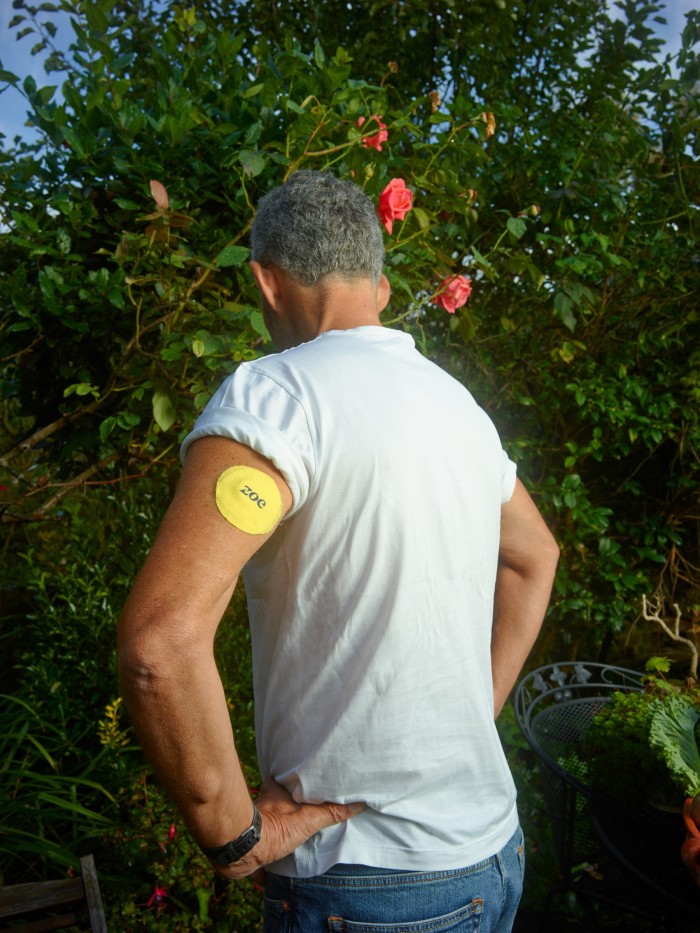
Zoe launched first in the US but struggled for traction. After its Covid app became popular in the UK, it realised it could grow faster there. Covid accelerated the learning process. Spector realised the public would provide detailed health data as long as they saw immediate benefits. He contrasts this to standard scientific research, where participants “get a massive questionnaire, hear nothing for three years, then are told, ‘Thanks for that, we published [the results] in some obscure Chinese journal and you should be very proud.’”
Spector might have switched his focus. He tried to get the NHS to use Zoe’s Covid app, or at least win its endorsement. “This could have been the most amazing tool that would have sorted out every flu epidemic, every cold, every diarrhoea outbreak… You could have had 50 million people on it, and you’d know about every single outbreak.” The NHS, with its own tech team, preferred to keep Zoe at arm’s length, although it did provide £5mn in funding. Eventually Spector went back to nutrition. So, while other pandemic stars like Peloton crashed back to earth, Zoe found a second wind.
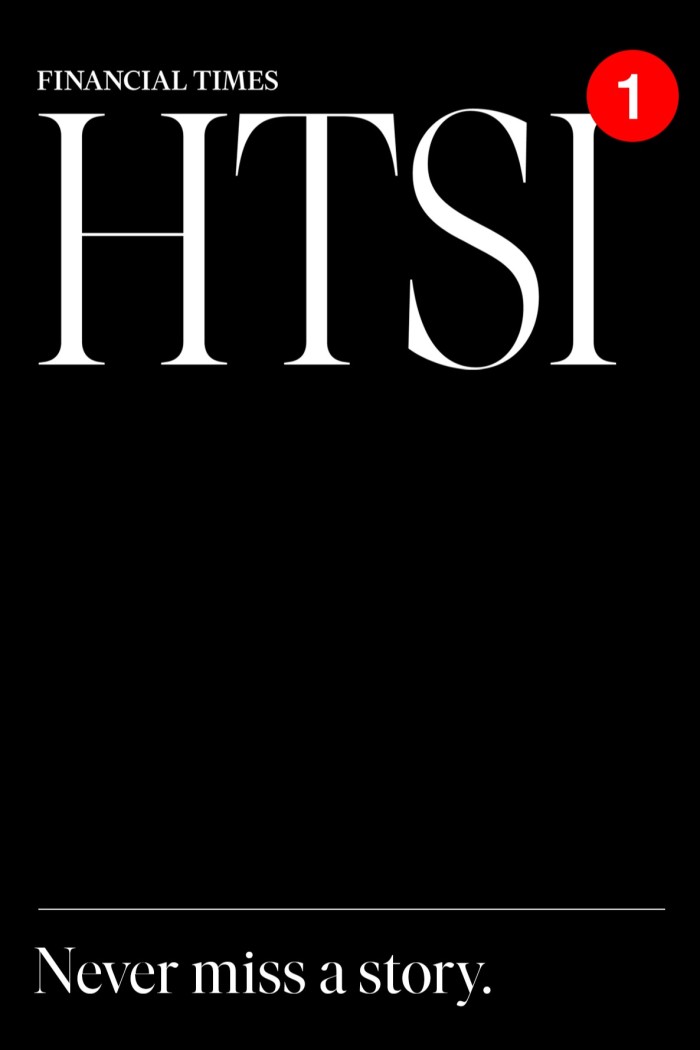
Want to read HTSI before everyone else? Get all the top stories straight to your inbox every Friday. Sign up to our free weekly newsletter here
Perhaps the most surprising aspect of Zoe is how much it asks of users. Some apps, like SuperSapiens, Veri and January, offer glucose monitoring. Others, like Healthpath, test microbiomes. Zoe does both. Users are asked to take a poo sample (Spector says the public has become much less squeamish about this over the past decade). They must wear a glucose monitor for two weeks and log their food. After receiving their test results, they are instructed what foods to avoid and recommended what meals to cook. Zoe charges £299 for a test kit and £25 a month for a subscription.
In short, it is exacting and expensive. It is also appealing and addictive. Its name, the Greek word for life, is unthreatening. Its free podcast is upbeat. Its app has a simple yet unpatronising tone. Users can dial up or down the scientific detail. They are pulled along by constant feedback and the promise of improving their scores: Zoe scores every meal (75+ is good) and offers a second microbiome test after six months. It personalises health; it also gamifies it. By criticising ultra-processed foods and pesticides, and championing vegetables, it is pushing at an open door of what the public recognises as healthy foods.
On Facebook groups, Zoe devotees speak about how much the app has changed their diet. In most cases this will mean eating less meat. “You try to get 30 veg on a plate – you haven’t got room for meat,” says Spector. At a time when politicians don’t dare to tell voters to eat fewer animal products, Zoe is taking the lead. “The single most important thing people can do for their health is to make the right food choices. And the single most important thing they can do for the planet is also to make the right food choices. We haven’t emphasised that yet, but it’s coming.”
Sceptics have two main critiques of Zoe. The first is the lack of peer-reviewed studies showing that it works. Spector protests that critics are too harsh: “No one’s done a randomised control trial of your Apple Watch or your Garmin or your Fitbit or your probiotic or your vitamin.”
Nonetheless, in November 2023, Zoe published early results of its “Method” study. After splitting 347 people (aged 41-70) into two groups, it found that those who received its personalised recommendations fared better than those who received standard dietary advice through a leaflet, video and coach. Waist circumference reduced 2cm more after 18 weeks than in the control group; cholesterol and blood pressure also fell.
The study is awaiting peer review, but one caveat is that it doesn’t unpick which aspect of Zoe – the glucose monitoring, the microbiome testing or another aspect such as the app’s support – was responsible for the improved health outcomes. “I love the idea that we could have these precision prevention approaches. But we need to test them in the right way,” says Shivani Misra, a diabetes expert and lecturer at Imperial College London. “We also need to study what the potential harms are.”
Others are sceptical that current genetic sequencing can capture the complexity of the microbiome. The charity Guts UK warns that commercial tests are not “a direct way to find out why you’re not feeling well or how to improve your health”.
The other critique is that Zoe attends to those who don’t really need it. Its health-conscious, well-off members are already at lower risk of obesity, heart disease and other diseases. They may already be motivated to eat better. To attribute their success to Zoe is “like applauding people about to enter a gym and then concluding that applause is highly motivational in getting people to go to the gym”, Misra has written.
Some doctors are concerned that the Zoe app may create unnecessary anxiety for otherwise healthy people – creating a class of “worried well”. “We’re very much aware of [the issue],” says Spector. “We don’t encourage people with eating disorders to do Zoe, for example. The point of food is to enjoy it.” He emphasises that the service is not dictatorial. People can go to occasional parties and dinners, eat what they want, and then pick up where they left off. He says he would never force himself to eat something simply for nutrition, although he has learnt to enjoy boiled beetroot.
A recent episode of Zoe’s podcast featured longevity guru Peter Attia, who advocates strict exercise regimes. “I couldn’t be him,” says Spector. “He’s an elite doctor, for ultra-rich individuals who are paying $100,000 to have him as their GP. And they want strict rules. I’m more pragmatic. I want as many people as possible to change their life in a sustainable way.” He skips breakfast on alternate days and recommends squeezing your eating into 10 hours of the day. But he is sympathetic to those who can’t.
To date, Zoe has raised around £81.2mn in venture capital and crowdfunding. Its future is likely to include incorporating more data, for example from blood-pressure monitoring. For those who are versed in diet culture, the glucose monitoring and microbiome are now established as options to try. Personally, I felt unsure about analysing my food in detail – worrying that it might cause as much anxiety as it relieved. But now I can’t shake a curiosity, a microbiomic FOMO. Maybe Spector has sparked another food fad; more likely the revolution is just getting started.
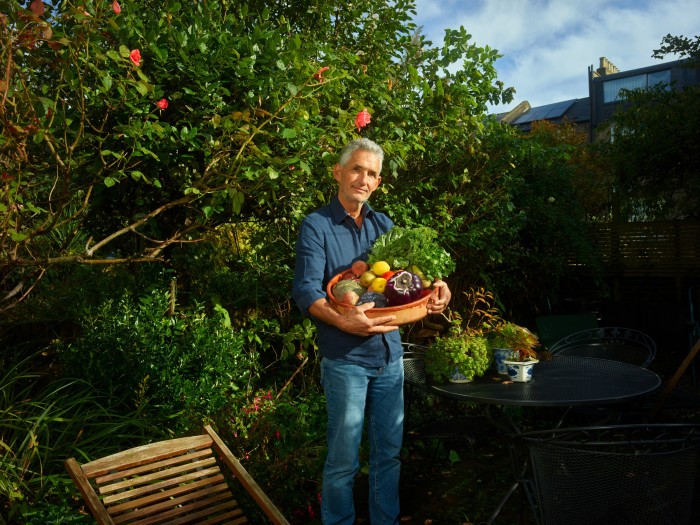
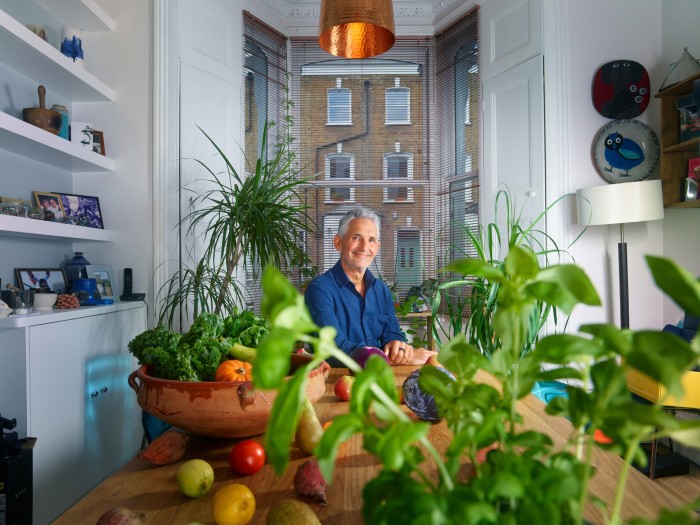

Comments